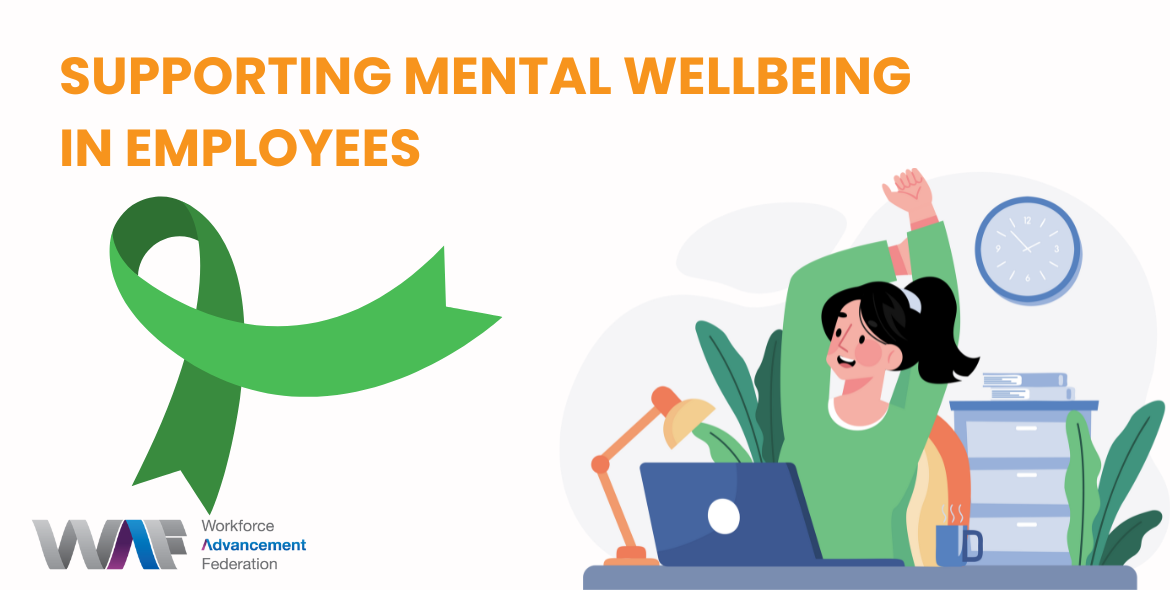Supporting Mental Wellbeing in Employees
In today’s fast-paced work environment, stress and pressure at work can significantly impact employees' mental well-being. The 2022 National Population Health Survey revealed that over 17% of working adults struggle with poor mental health. To address this, the Ministry of Manpower (MOM), along with the Singapore National Employers Federation (SNEF) and the National Trades Union Congress (NTUC), introduced the 2023 Tripartite Advisory on Mental Health and Well-Being. This advisory provides key recommendations for employers to create a more supportive and healthy work environment.
For more details on the recommendations, further information can be found here.
Benefits of Supporting Mental Wellbeing
Investing in employees' mental health yields significant returns. Research has consistently shown that employees who experience positive mental well-being are more productive, efficient, and engaged. A supportive and balanced work environment helps employees stay focused and reduces workplace conflicts, leading to better communication and teamwork.
Moreover, fostering mental well-being in the workplace enhances employee retention and loyalty. A happier workforce not only reduces turnover but also attracts top talent, creating a competitive advantage in the hiring market.
Key Common Workplace Risks to Employee Mental Wellbeing
Several factors in the workplace can negatively affect employees' mental well-being. These include work schedules, job content, and managerial styles. For instance, long and inflexible working hours, excessively large workloads, and inadequate monetary compensation can lead to significant dissatisfaction among employees.
Additionally, psychosocial factors such as lack of support, workplace bullying, micromanagement, and authoritarian supervision styles can further contribute to a negative work environment, affecting both morale and productivity.
Enhancing Employee Mental Wellbeing
Supporting the mental well-being of employees is essential for maintaining a positive and productive workplace. A crucial aspect of this support involves understanding employee needs and addressing their satisfaction levels. Conducting regular surveys, holding discussions, and facilitating one-on-one sessions are effective methods to ensure employees feel heard and that their concerns are addressed promptly.
One highly effective strategy is promoting a healthy work-life balance. Implementing flexible work arrangements and establishing clear boundaries for after-hours communication can significantly reduce stress and prevent burnout. These measures allow employees to manage their work commitments more effectively while maintaining a balanced personal life.
For more comprehensive guidance on implementing mental well-being initiatives in the workplace, you can explore additional resources here.
By 1 December 2024, all companies in Singapore must implement Flexi-Work Arrangement (FWA) processes. This mandate encourages businesses to adopt flexible options like telecommuting, flexible hours, or staggered schedules to support employees' work-life balance and personal needs.
For more details and guidance on how to implement FWA policies, visit here.


